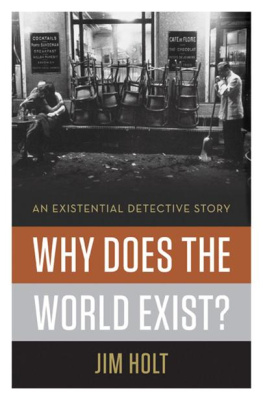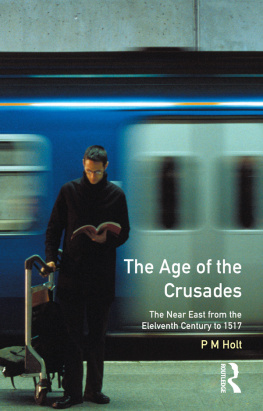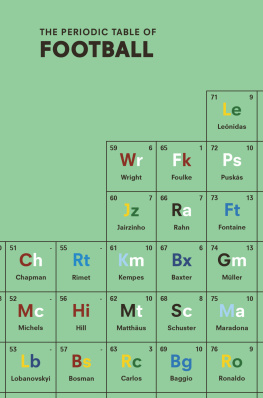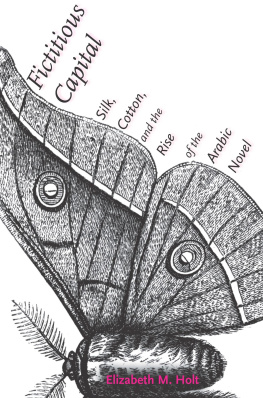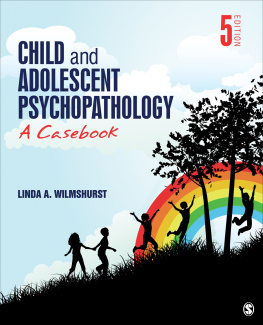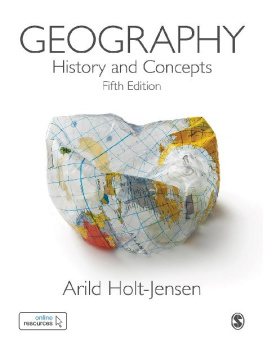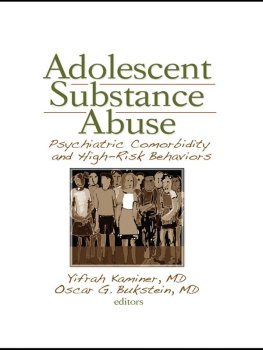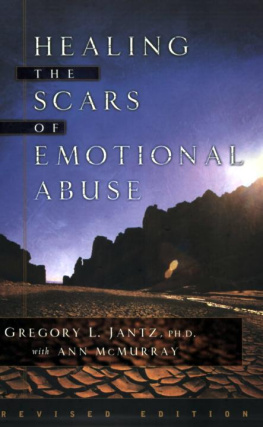
First published in Great Britain in 2013 by
The Policy Press
University of Bristol
Fourth Floor
Beacon House
Queens Road
Bristol BS8 1QU
UK
Tel +44 (0)117 331 4054
Fax +44 (0)117 331 4093
e-mail tpp-info@bristol.ac.uk
www.policypress.co.uk
North American office:
The Policy Press
c/o The University of Chicago Press
1427 East 60th Street
Chicago, IL 60637, USA
t: +1 773 702 7700
f: +1 773-702-9756
e:sales@press.uchicago.edu
www.press.uchicago.edu
The Policy Press 2013
British Library Cataloguing in Publication Data
A catalogue record for this book is available from the British Library.
Library of Congress Cataloging-in-Publication Data
A catalog record for this book has been requested.
ISBN 978 1 44730 055 7 paperback
ISBN 978 1 44730 056 4 hardcover
The right of Amanda Holt to be identified as author of this work has been asserted by her in accordance with the 1988 Copyright, Designs and Patents Act.
All rights reserved: no part of this publication may be reproduced, stored in a retrieval system, or transmitted in any form or by any means, electronic, mechanical, photocopying, recording, or otherwise without the prior permission of The Policy Press.
The statements and opinions contained within this publication are solely those of the author and not of The University of Bristol or The Policy Press. The University of Bristol and The Policy Press disclaim responsibility for any injury to persons or property resulting from any material published in this publication.
The Policy Press works to counter discrimination on grounds of gender, race, disability, age and sexuality.
Cover design by Robin Hawes
Front cover: image kindly supplied by www.istock.com
Printed and bound in Great Britain by TJ International, Padstow
The Policy Press uses environmentally responsible print partners
Readers Guide
This book has been optimised for PDA.
Tables may have been presented to accommodate this devices limitations.
Image presentation is limited by this devices limitations.
List of figures, tables and boxes
Figures
Tables
Boxes
Acknowledgements
I would like to thank the following for advice, comments and information: Robin Bhairam, David Carson, John Coleman, Tim Early, Nollaig Frost, Carol Hayden, Peter Jakob, Lesley Murray, Judy Nixon and Simon Retford.
I would also like to thank the staff and students at the Institute of Criminal Justice Studies, University of Portsmouth; Karen Bowler and Laura Vickers at The Policy Press, and Rowena Mayhew, copy editor; and my friends and family for their encouragement and support throughout the writing of this book.
I would like to gratefully acknowledge the generosity of all the anonymous participants whose experiences shaped this book without whom, the problem of parent abuse would remain unarticulated.
INTRODUCTION
The problem of adolescent-to parent abuse
Hell scream and shout at me, awful abuse, absolutely awful abuse. Hell throw things at me, hell punch holes in doors, hell threaten to hit me, and thisll be all in front of my three little ones. So when it came to punching holes in the front door, screaming abuse at me at eight oclock in the morning, I thought, No, the time has come to do something about it. Cos one time that he was kicking off, he was throwing things at me and it ricocheted off me and hit my youngest baby, who is 21 months you know, and a shoe ricocheted off me and hit him. Well I cant have that. I didnt do anything about it at the time, but that sort of behaviour I cant have. Hes done it in front of his friends, thrown big pieces of hardboard at me and garden toys and everything and I said to his friends, Look, Im not a horrible mum, John is just like this. (Sally, mother of John, aged 15 from original transcript , Holt, 2009)
What is parent abuse?
Sallys experience may sound very familiar to those who have experienced, researched or worked with victimisation in the family home. But what might make Sallys experience less familiar to readers is that her perpetrator is 15 years old, and is her son. And while abuse directed towards parents from children and young people appears to be as prevalent as other forms of family abuse, experiences of it remain unarticulated. Parent abuse refers to a pattern of behaviour that uses verbal, financial, physical or emotional means to practise power and exert control over a parent . The parent may be a biological parent, step-parent or a parent in a legal capacity, and the son or daughter is still legally a child (ie, under 18 years) and is usually living in the family home with their parent(s). As Sallys account highlights, parent abuse is likely to involve both physical and non-physical forms of abuse, and the exercise of control is usually evidenced by the parents inability to do anything about it. Furthermore, like all forms of family abuse, it produces both short-term distress and long-term harm for the families involved: empirical research has been relatively consistent in identifying fear, guilt, shame and despair in parents and feelings of helplessness and inadequacy in the child or young person. It is also implicated in damage to physical and mental health. As in Sallys case, siblings may also be at risk of harm, and it has been found to strain relationships with other family members. It can also disrupt the employment, education and financial stability of individuals and families.
However, what makes parent abuse distinctive from other forms of family abuse is that it involves a transgression of conventional notions of power relations. In cases of child abuse , intimate partner violence , elder abuse and even sibling abuse , the perpetrator is understood to have both cultural authority and greater economic, political and physical power in relation to the victim. This is not necessarily the case with parent abuse and this makes understanding it and responding to it particularly difficult. The term abuse generally refers to an abuse of power committed by those with the most power against those with the least power . But in cases of parent abuse, what kind of power is being exploited by the child or young person? This conundrum highlights the limitations of current theorising around family abuse when applied to the dynamics of adolescent-to-parent abuse, and perhaps begins to explain the lack of research attention to this particular form of family abuse.
In clarifying what we mean by parent abuse, it is also important to clarify what parent abuse is not , and therefore what is beyond the scope of this book. Parent abuse goes beyond the everyday experiences of children hitting out at parents, which can happen for all sorts of medical, developmental and situational reasons and is therefore outside the parameters of abusive behaviour. It also goes beyond one-off incidents: parent abuse involves a pattern of behaviour that occurs repeatedly. This is not to suggest that one-off incidents of aggression or injury are not serious, but that it is the continual nature of the abusive behaviours that causes such devastating effects, and these effects tend to be cumulative, rather than incident-specific. Indeed, repetition (or threats of repetition) forms an integral part of abuse, because of the control it enables and the fear it provokes.



